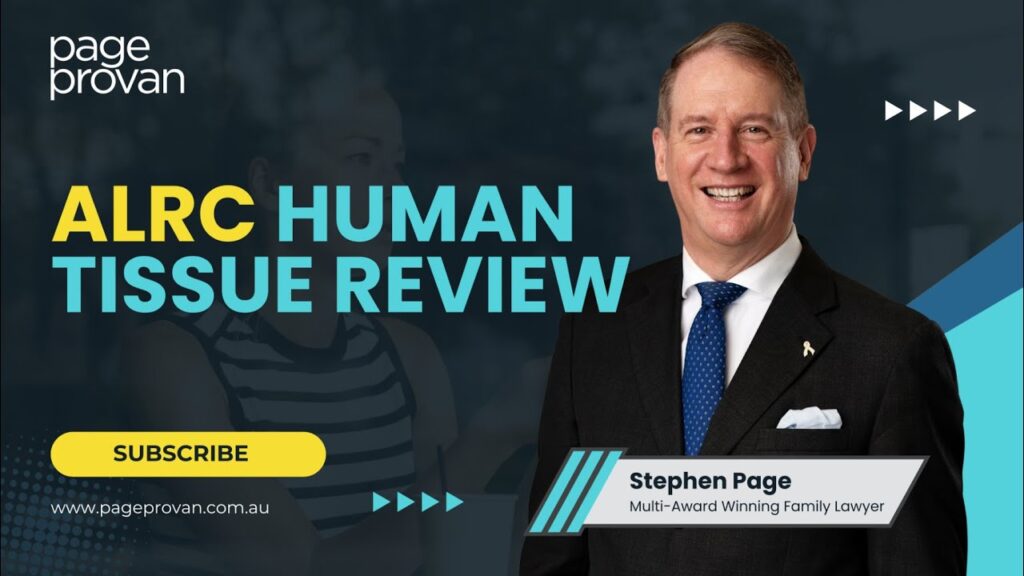Adults easily fooled by children’s false denials
Adults are easily fooled when a child denies that an actual event took place, but do somewhat better at detecting when a child makes up information about something that never happened, according to new research from the University of California, Davis. The research, which has important implications for forensic child sexual abuse evaluations, will be presented Sunday, Aug. 17, at the annual meeting of the American Psychology Association in Boston.
“The large number of children coming into contact with the legal system – mostly as a result of abuse cases – has motivated intense scientific effort to understand children’s true and false reports,” said UC Davis psychology professor and study author Gail S. Goodman. “The seriousness of abuse charges and the frequency with which children’s testimony provides central prosecutorial evidence makes children’s eyewitness memory abilities important considerations. Arguably even more important, however, are adults’ abilities to evaluate children’s reports.”
In an effort to determine if adults can discern children’s true from false reports, Goodman and her co-investigators asked more than 100 adults to view videotapes of 3- and 5-year-olds being interviewed about “true” and “false” events. For true events, the children either accurately confirmed that the event had occurred or inaccurately denied that it had happened. For “false” events – ones that the children had not experienced – they either truthfully denied having experienced them or falsely reported that they had occurred.
Afterward, the adults were asked to evaluate each child’s veracity.
The adults were relatively good at detecting accounts of events that never happened. But the adults were apt to mistakenly believe children’s denials of actual events.
“The findings suggest that adults are better at detecting false reports than they are at detecting false denials,” Goodman said. “While accurately detecting false reports protects innocent people from false allegations, the failure to detect false denials could mean that adults fail to protect children who falsely deny actual victimization.”












